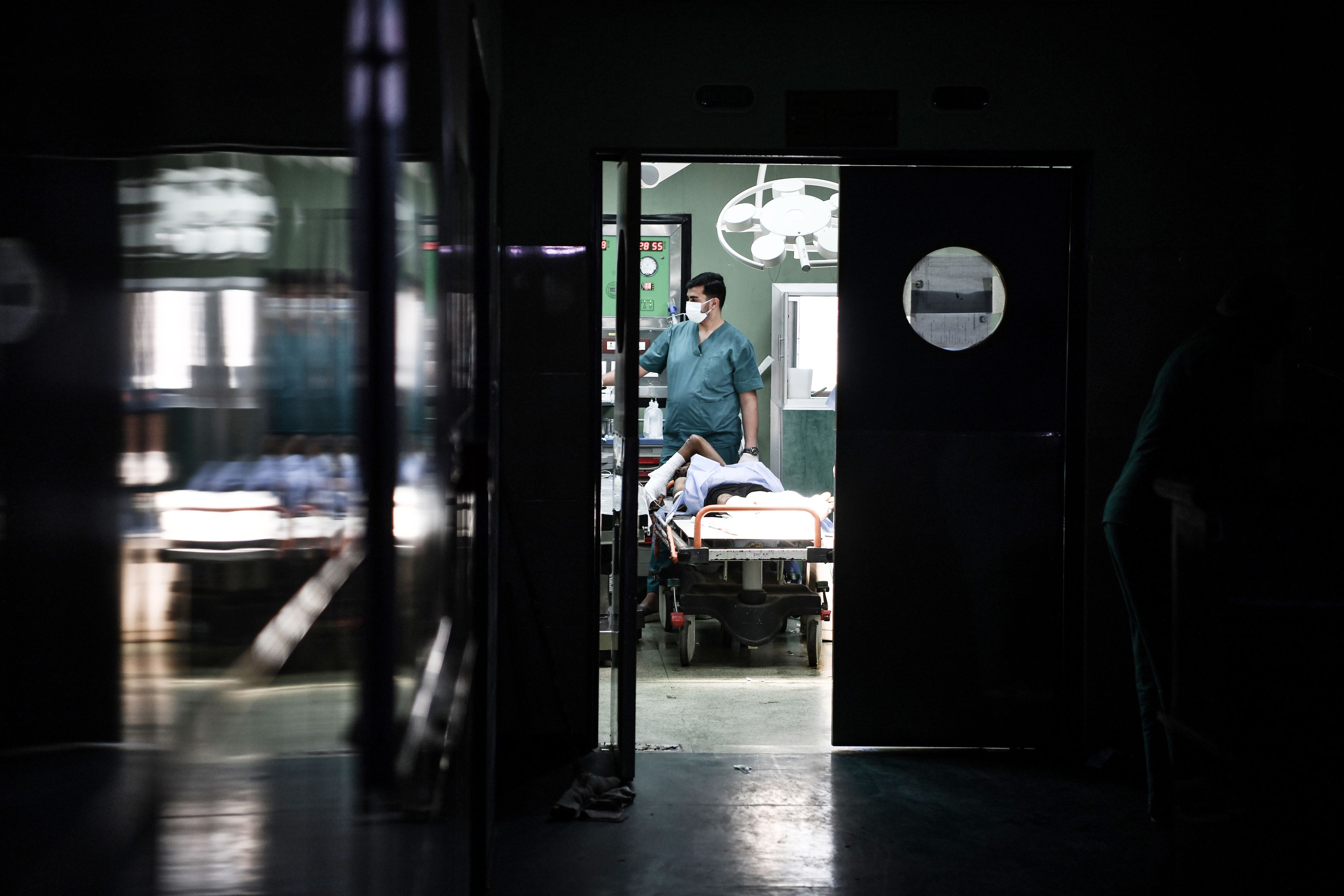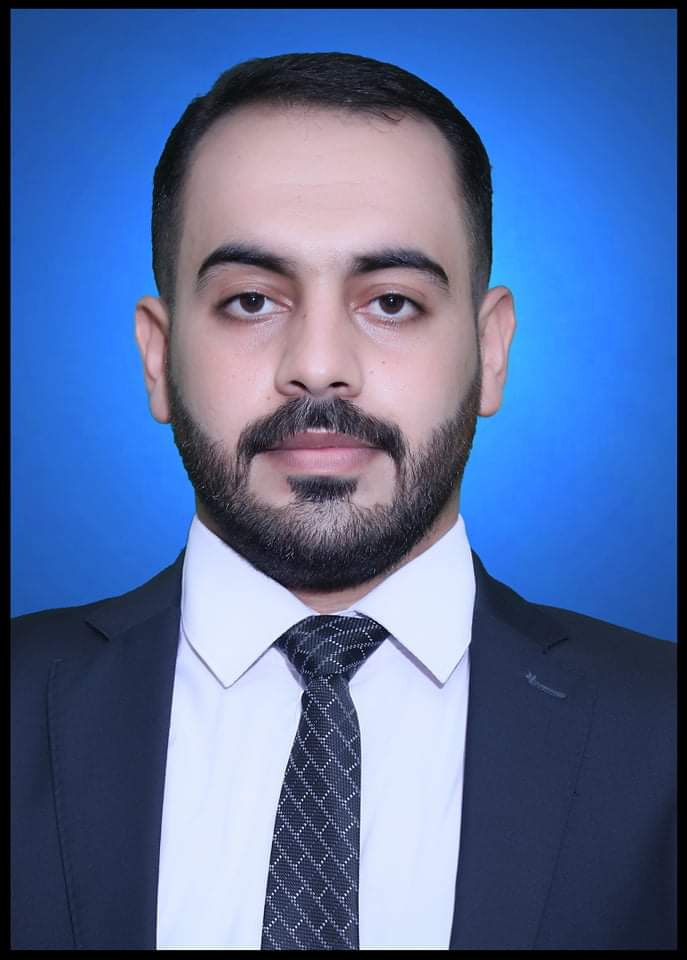إن توثيق الجرائم الدولية في النزاعات المسلحة يُعد أحد أهم الأدوات لضمان العدالة الجنائية لصالح المدنيين ضحايا الحروب، ومن أهم الوسائل التي تسهم في ملاحقة المجرمين وإثبات تورطهم الجُرمي في هذه الفظاعات. وعليه، فإن العمل الصحفي -بما يتوفر له من أدوات- هو أقدر الجهات التي يمكن التعويل عليها للاضطلاع بهذه المهمة الإنسانية على قدر ما تحتويه من خطورة. وقد قدمت الحركة الصحفية لقاء ذلك عددا من أبنائها الصحفيين لأداء هذه المهمة. ويجب التأكيد على أن المواد الصحفية الموثِّقة للجرائم بمختلف أشكالها المرئية والمسموعة والمقروءة والإلكترونية من الأدوات المعتمدة لدى مكتب الادعاء العام في المحكمة الجنائية الدولية، وهو ما يدل على فاعلية هذا العمل التوثيقي.
يجب التأكيد على أن المواد الصحفية الموثِّقة للجرائم بمختلف أشكالها المرئية والمسموعة والمقروءة والإلكترونية من الأدوات المعتمدة لدى مكتب الادعاء العام في المحكمة الجنائية الدولية، وهو ما يدل على فاعلية هذا العمل التوثيقي.
أهمية الصحافة في رسالتها
لقد لعبت الصحافة دائما دورا كبيرا في نقل معاناة الأفراد في أتون النزاعات المسلحة؛ بسبب التزامها الرئيس في معرفة الحقيقة والوصول إليها ونقلها إلى الجميع بأكبر قدر ممكن، وهو الأمر الذي جعل جزءا من ممتهنيها ضحية وهدفا مباشرا للأنظمة السلطوية والسلطات الحربية في أوقات السلم والحرب من أجل إخفاء فظاعاتهم. كما أن الصحفي يمتلك من الأدوات والمهارات والحصانات القانونية ما لا يمتلكه غيره من الأفراد العاديين والمهنيين، وهذه الأدوات تعينه على كشف النقاب عما تريد له آلة الحرب أن يظل طي الظلام والكتمان، وهو ما قد يساعد مستقبلا في دفع مجرمي الحرب إلى وقف آلتهم الدموية، ومن ثم يسهم في الحفاظ على أرواح المدنيين الأبرياء، وصيانة الأعيان المدنية خلال النزاعات المسلحة.
دور توثيق الصحفي جنائيا وسياسيا واجتماعيا
يُعَدّ توثيق الصحفي للجرائم المُرتكبة خلال الحروب عملا مهما وضروريا؛ لأنه يضع مُجرمي الحروب وأنظمتهم أمام مساءلة المحاكم الدولية مستقبلا؛ ذلك أن القرار الذي يتخذه الصحفي ارتجالا في جزء من الثانية بالتقاط صورة ما لعمل وحشي قد يصبح فيما بعد الدليل التوثيقي لمحاكمة مجرمي الحرب أمام المحاكم الجنائية. وقد يؤدي العثور على الهاتف الذكي المهمل لجندي ما في ميدان المعركة بين الأنقاض إلى تحديد هوية من أصدر الأوامر بارتكاب الجرائم في إحدى المدن والمناطق التي تدور فيها النزاعات المسلحة. ومن الأمثلة العملية على أهمية التوثيق الصحفي لجرائم الحرب وفاعليته العملُ الوثائقي الشهير "أبُكاليبـس"، الذي يُبرِز من خلال توثيقاته كثيرا من الأحداث والخطابات التي دارت خلال الحرب العالمية الثانية، التي كشفت النقاب عن مجرمي الحرب وجرائم استهداف المدنيين والأعيان المدنية.
يمتلك اللصحفي من الأدوات والمهارات والحصانات القانونية ما لا يمتلكه غيره من الأفراد العاديين والمهنيين، وهذه الأدوات تعينه على كشف النقاب عما تريد له آلة الحرب أن يظل طي الظلام والكتمان.
وجدير بالذكر أن التوثيق الصحفي للجرائم المرتكبة خلال الحروب لا يقتصر على إطار ضمان الملاحقة الجنائية للجناة خلال الحروب، بل له أبعاد أخرى تمتد إلى المستويين السياسي والاجتماعي؛ فقد يؤدي توثيق عملية اعتقال أو اختطاف لأحد الأفراد القابعين تحت الحرب إلى معرفة مصيره والمطالبة بالإفراج عنه سياسيا؛ فلو لم تُوثَّق عملية الاعتقال على سبيل المثال، فقد يؤدي ذلك إلى أن يكون مصيره المستقبلي رهين إرادة مجرمي الحروب بعيدا عن المساءلة القانونية. إن التوثيق الصحفي لمثل هذه الممارسات يقود إلى خلق حالة من الضغط السياسي على مجرمي الحروب من أجل معرفة مصير المعتقلين والإفراج عنهم لاحقا. وعلى الصعيد الاجتماعي، فإن عملية توثيق الصحفي لجرائم الحرب تقود إلى تحديد مصير الأفراد المفقودين أو المتوفين وإخبار ذويهم قبل أن تُحلّل جثثهم أو يُفقد خبرهم، وهو ما يخلق حالة من اليقين لدى العوائل تجاه مصير أحبائهم على نحو يسمح لهم بالقدرة على استكمال حياتهم.
يكون توثيق جرائم الحرب من قبل الصحفيين ضمن إطارهم الأخلاقي الذي يُحتمه عليهم عملهم الصحفي؛ إذ إن عملية التوثيق لا ينبغي أن تتجاوز فيها الصحافة المبادئ والقيم المتعارف عليها.
الإطار الأخلاقي للتوثيق الصحفي
ويكون توثيق جرائم الحرب من قبل الصحفيين ضمن إطارهم الأخلاقي الذي يُحتمه عليهم عملهم الصحفي؛ إذ إن عملية التوثيق لا ينبغي أن تتجاوز فيها الصحافة المبادئ والقيم المتعارف عليها، حتى تؤدي وظيفتها بشكل يستجيب لحاجات الناس وتطلعاتهم ويمنحهم الفرصة ليحظوا برؤية أكثر وضوحا لواقعهم. كما أن أولئك الذين يحيدون عن الالتزام برسالة الإعلام في نقل الحقيقة وتوثيق الجريمة أمام الجمهور ليسوا بصحفيين؛ لتجردهم من مبادئ الصحافة وافتقارهم إلى المعايير الأخلاقية والنزاهة والمصداقية. وعليه، فإن الصحفي يجب أن يكون صادقا في نقل الواقع، ولا يسعى إلى طمس الحقائق عن الجمهور وتزييفها وإعدامها، على نحو يؤدي إلى إفلات مرتكبي الفظاعات في النزاعات المسلحة من جرائم الإبادة الجماعية والإنسانية وجرائم الحرب من المساءلة القانونية. وقد يؤدي ذلك أيضا إلى تعميق الفجوة في قلوب الضحايا نتيجة إخفاء مصائر أبنائهم عنهم من خلال العبث وعدم الالتزام المهني ومراعاة المبادئ الصحفية في نقل الحقيقة، وقد يؤدي عدم التزام المهنية في التوثيق إلى سقوط الأدلة أو ضربها أمام الجهات التي سوف تعمل عليها، وهنا نستحضر تحذير المدعي العام للمحكمة الجنائية الدولية كريم خان في قضية الروهينجا من خطورة "الإفراط في توثيق جرائم الحرب"؛ فعلى سبيل المثال، أجريت في قضية الروهينجا مقابلات مع ضحايا الاغتصاب 10 إلى 15 مرة "بطريقة غير مقبولة وفاحشة".
ويقع على عاتق الصحفيين الذين يعملون في إطار النزاعات المسلحة واجب مهني وأخلاقي لأجل إجادة توثيق جرائم الحروب من خلال الالتزام بأدوات الأمان التي تميزهم وتوفر لهم الحماية (الدرع والخوذة)، إلى جانب ذلك يقع على عاتق الصحفيين الإلمام الحقيقي بما يتعلق بالقوانين المُنظمة للنزاعات المسلحة التي توفر لهم حماية في الميدان، والممارسات التي تقع على المدنيين أو الأعيان المدنية أو الفئات المحمية ومبادئ القانون الدولي الإنساني والأسلحة المحظورة.
من الأمثلة العملية على أهمية التوثيق الصحفي لجرائم الحرب وفاعليته العملُ الوثائقي الشهير "أبُكاليبـس"، الذي يُبرِز من خلال توثيقاته كثيرا من الأحداث والخطابات التي دارت خلال الحرب العالمية الثانية، التي كشفت النقاب عن مجرمي الحرب وجرائم استهداف المدنيين والأعيان المدنية.
جَعَل العمل الصحفي في توثيق جرائم الحروب على أهميته وضرورته من الصحفيين أهدافا للقادة العسكريين الذين يديرون العمليات من أجل إسكاتهم عن أداء مهمتهم في توثيق جرائم الحروب بمختلف أشكالها، وهو التحدي الأكبر الذي يواجه الصحفيين خلال عملهم في توثيق الجرائم. وقد شهد العدوان الحربي على قطاع غزة الممتد منذ 7 أكتوبر/تشرين الأول 2023 حتى لحظة كتابة هذا المقال كثيرا من الأعمال العدائية تجاه الصحفيين؛ حيث لقي عدد منهم حتفهم هم وعوائلهم أو فقدوا، فيما هدد آخرون بشكل شخصي أو استهدفت عائلاتهم، ومنهم صحفيا شبكة الجزيرة وائل الدحدوح ومؤمن الشرافي، وكثيرون غيرهم.
ختاما، إن عمل الصحفي في توثيق جرائم الحرب في غاية الأهمية ويؤسس لما بعده من خلال المساهمة في تحقيق العدالة الناجزة للضحايا والمتضررين، ويساعد المحامين والمحاكم الدولية في استخدام توثيقاتهم أدلةً دامغةً على ارتكاب الفظاعات التي تشكل جرائم حرب. إن عمل الصحفي التوثيقي لجرائم الحرب هو النقطة الأولى والأهم لضمان الحماية للمدنيين وملاحقة المجرمين. وعليه، يتضح مدى فاعلية توثيق الصحفي للجرائم التي ترتكب في النزاعات المسلحة.
المراجع








































